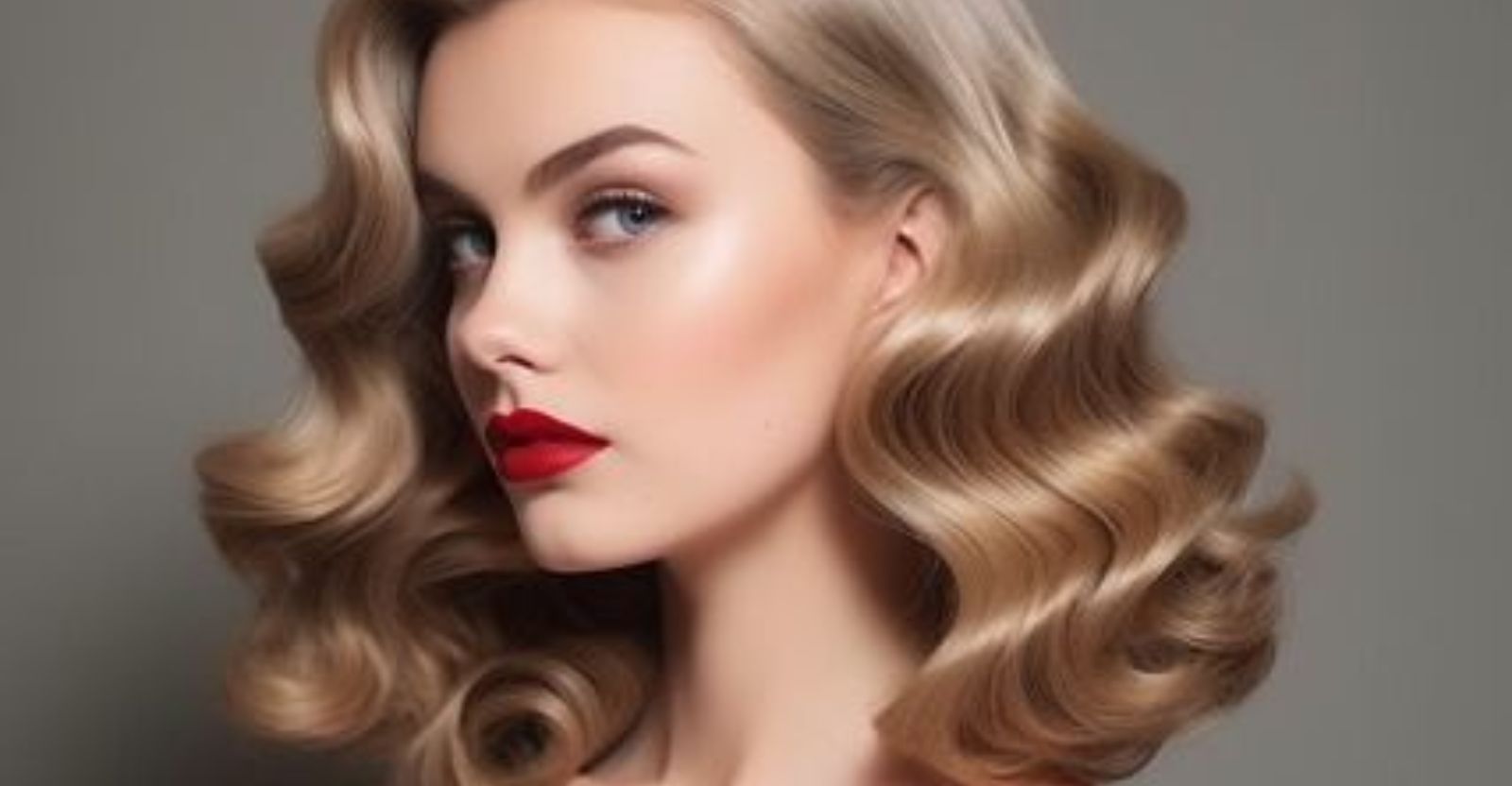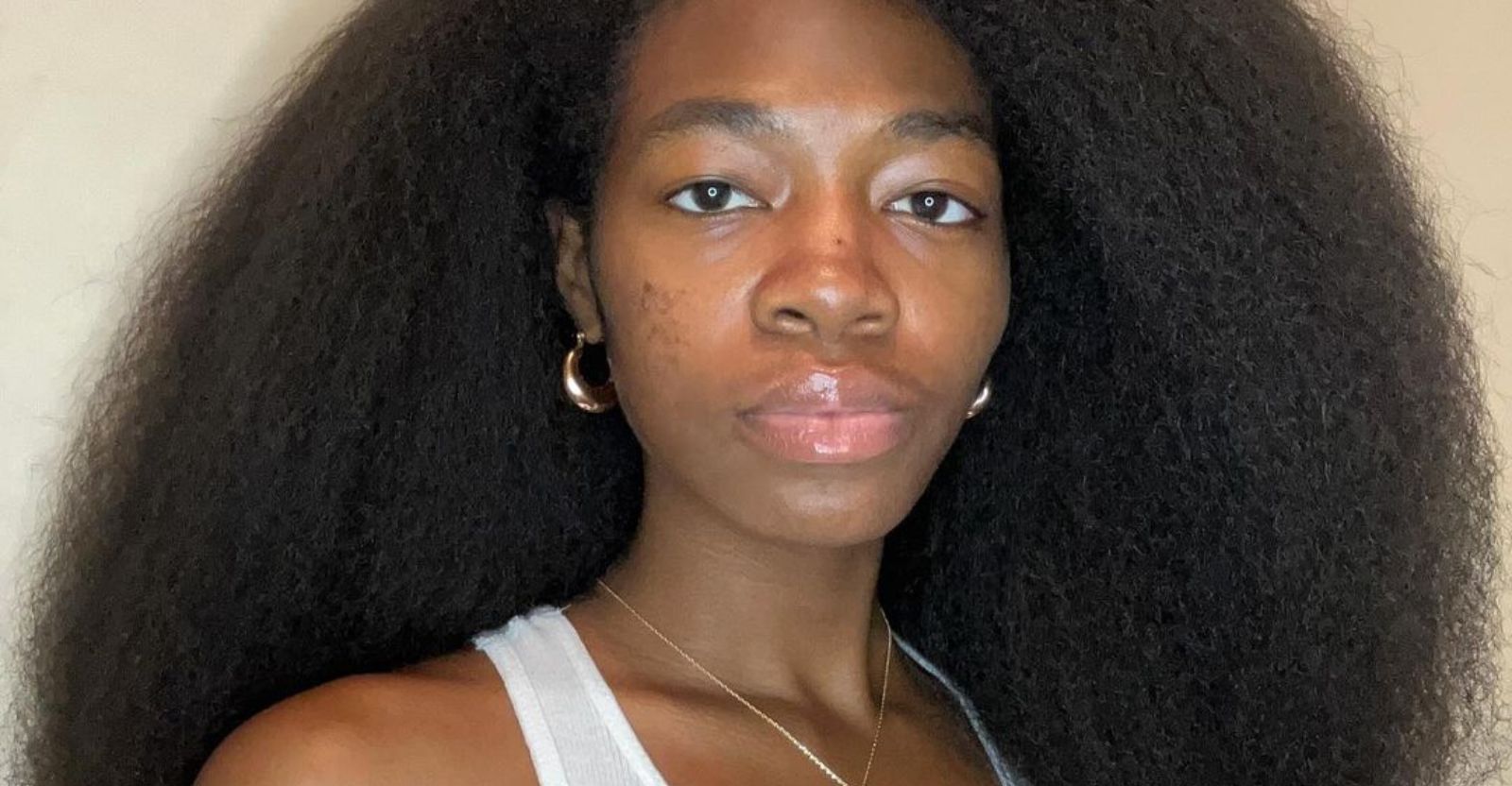How Does Humidity Affect Curly Hair?
written by Christina
Published on Aug 12, 2023

Humidity’s Tangle: The Science Behind Curly Hair’s Reaction to Moisture
Humidity can have a big impact on curly hair. The air’s moisture can cause hair to swell, creating frizz and making it tough to keep curls defined. High humidity levels make hair absorb moisture, making strands break more easily. This can also flatten hair, causing loss of volume and bounce. People have been trying to fight humidity’s effects on curly hair for a long time. Ancient Egyptians used oils, creams, and hairstyles to protect their curls from the damage they could cause.
In This Article
Understanding Humidity and its Effects on Curly Hair
Humidity can really affect curly hair. To style it right, it is essential to understand how humidity affects it.
- Curly hair has more pores, which means it absorbs moisture from the air faster. That causes frizz and more volume in high humidity.
- The moisture in the air makes the hair shafts swell, changing the shape of the curls and making them less defined.
- In low humidity, curly hair can become dry and brittle. This leads to breakage and less bounce.
- Extreme humidity can make curly hair unmanageable and hard to style.
Different people may react differently to humidity. Some may find their curls getting looser or tighter, while others can experience bigger changes.
Tips to Manage Curly Hair in Humid Conditions
Managing curls in humid conditions can be tricky – but don’t worry! We’ve got tips to help keep your curls looking great, no matter how damp the air is.
- Hydrate: Curly hair is usually dryer than straight hair, so keeping it moisturized is important. Use a shampoo and conditioner for curly hair to keep moisture locked in.
- Avoid heat styling: Heat can damage your curls and make them frizzy. Instead of hot tools, show off your natural texture by air-drying or using a diffuser attachment on your blow dryer.
- Use anti-frizz products: Buy a good quality anti-frizz cream or serum. This will smooth flyaways and frizz caused by humidity. Put it on evenly before styling.
- Put it up: On humid days, tie your hair back into an updo or bun. This will protect it from the humid air and prevent frizz.
- Protective hairstyles: Try braids, twists, or bantu knots. These styles will keep your curls intact and shielded from humidity.
Plus, avoid brushing or combing dry hair – this can ruin the curl pattern and cause frizz. Instead, use a wide-tooth comb or your fingers when the hair is wet or covered in conditioner. You can also use leave-in conditioners and deep-conditioning treatments to make your curls even healthier. These products will nourish and hydrate your hair, making it more resilient to moisture in the air. The key to managing curly hair in humid conditions is prevention. With these tips and a few tweaks to your routine, your curls will stay defined and frizz-free all day long. Embrace the humidity and let your beautiful curls shine!
Hairstyles for Humid Weather

Embrace the power of braids! They look chic and sophisticated. Plus, they help keep your hair in place and prevent humidity-caused frizz. Try a French braid or a trendy fishtail braid. Updos are great too. Pull your hair up in a bun or ponytail – sleek or messy. And, don’t fight the elements. Enhance your curls and waves with a curl-enhancing product. Then, air-dry for beautiful curls that won’t frizzle. So, don’t worry about summer outings. Conquer any climate with confidence! Look effortlessly stylish – even when it’s humid.
Products and Tools for Humidity-Proofing Curly Hair
To combat humidity, there are several great products and tools for curly hair. These include:
- Anti-humidity hair spray
- frizz-control serum
- curl-enhancing cream
- a microfiber towel
- wide-tooth comb
- diffuser attachment
- a silk pillowcase
It’s essential to have hydrated hair for humidity-proofing. This can be done with deep conditioning treatments or leave-in conditioners. Plus, it’s important to avoid touching or styling the hair too much. A friend of mine experienced how humidity affects curls first-hand. She had her hair perfectly styled for an event, but the rain messed it up in an instant. This shows how important it is to be prepared with the right products and tools to battle humidity.
Conclusion
Humidity has a significant influence on curly hair, often turning what should be a good hair day into a frizz-filled struggle. Curly hair, especially wavy hair, has unique hair care needs due to its structure. The natural curl pattern and porous nature of curly hair make it more prone to absorbing moisture from the environment. When the humidity levels rise, the excess moisture in the air is absorbed by the hair, causing the strands to swell and disrupt the well-defined curl pattern. This can lead to frizzy hair that seems uncontrollable. To help your hair combat the effects of humidity, it’s important to provide proper hair care. Using products formulated for curly hair, such as those designed to enhance and define curls, can make a significant difference. Additionally, understanding your hair’s porosity is crucial – high porosity hair tends to absorb moisture quickly, while low porosity hair tends to repel moisture, making both types susceptible to the effects of humidity. By choosing products and techniques that cater to your hair’s specific needs, you can maintain your desired curl pattern and keep frizz at bay even on the most humid days.
Frequently Asked Questions
How does humidity affect curly hair?
Humidity affects curly hair by causing the hair strands to absorb moisture from the air. This excess moisture can lead to frizz, puffiness, and loss of definition in the curls.
Why do curly hair types respond more to humidity?
Curly hair types are more porous compared to straight hair, allowing them to absorb moisture more easily. This makes them highly susceptible to frizzing and losing their shape in humid environments.
Can humidity damage curly hair?
Humidity itself does not damage curly hair, but its effects can make the hair more prone to breakage and dehydration. It is important to take proper care of curly hair to minimize the potential damage caused by humidity.
How can I protect my curly hair from humidity?
To protect curly hair from humidity, you can use anti-frizz products, such as serums, creams, or gels. These products create a barrier on the hair strands, preventing excessive moisture absorption and minimizing frizz.
Are there any hairstyles that work well in humid conditions for curly hair?
There are several hairstyles that work well in humid conditions for curly hair. These include updos, braids, or twists, as they help to keep the hair contained and reduce the exposure of individual strands to humid air.
Should I avoid going outside on humid days to protect my curly hair?
Avoiding going outside on humid days is not necessary, but it can help minimize the effects of humidity on your curly hair. If you do venture outside, consider using protective hairstyles or wearing a hat to shield your hair from direct exposure to humid air.
© All Rights Reserved. Curl Hair Style 2024






